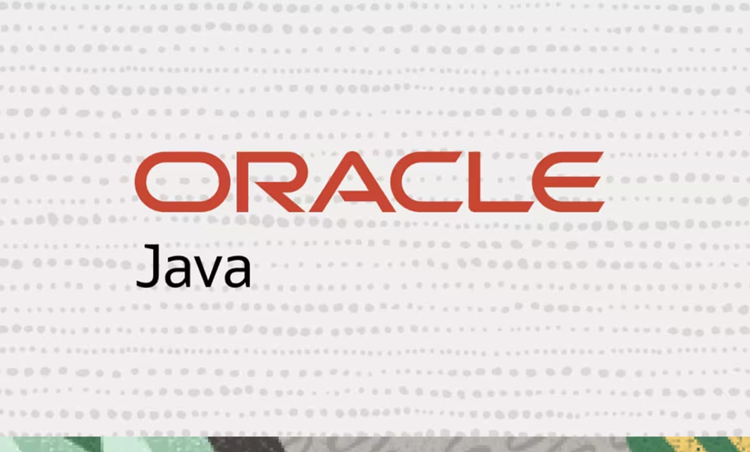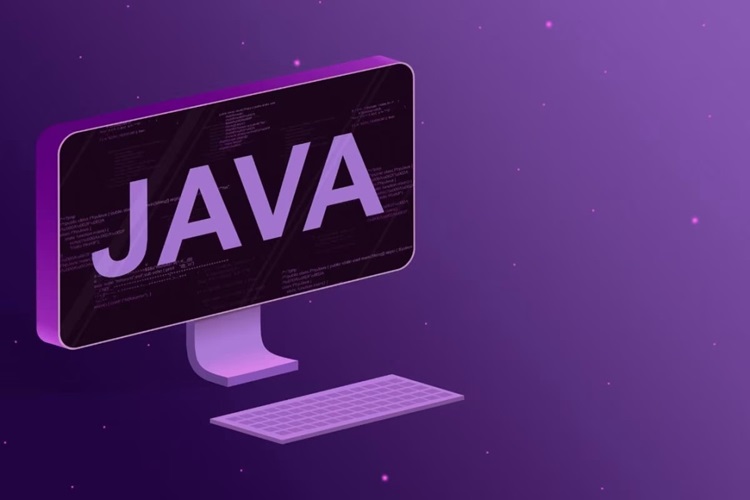In the dynamic landscape of digital technology, where innovation and connectivity reign supreme, security stands as the bedrock upon which all operations are built. Within this intricate ecosystem, Oracle Java holds a pivotal position, empowering countless applications and systems with its robust functionality and versatility. However, with great power comes great responsibility, and safeguarding Oracle Java environments against potential vulnerabilities is paramount for businesses and individuals alike.
Understanding the Significance of Oracle Java Security
Oracle Java serves as the backbone for a myriad of applications, ranging from enterprise software to mobile apps and web services. Its widespread adoption stems from its cross-platform compatibility, rich features, and extensive library support. However, this ubiquity also makes it a prime target for cyber threats, with malicious actors constantly seeking to exploit vulnerabilities for nefarious purposes.
The Stakes at Hand
The ramifications of a security breach within an Oracle Java environment can be catastrophic. From unauthorized access to sensitive data and financial loss to reputational damage and legal liabilities, the consequences reverberate far and wide. Therefore, prioritizing Java security isn't just a matter of compliance or best practices—it's a fundamental necessity for safeguarding organizational assets and preserving stakeholder trust.
Fortifying Your Oracle Java Security Posture
Securing an Oracle Java environment requires a multifaceted approach that encompasses both proactive measures and reactive strategies. By implementing a comprehensive security framework, organizations can mitigate risks, fortify defenses, and maintain the integrity of their Java-based systems.
1. Patch Management:
Regularly update Oracle Java installations with the latest patches and security updates to address known vulnerabilities and bolster resilience against emerging threats. Automated patch management tools can streamline this process and ensure timely deployment across the entire infrastructure.
2. Access Control:
Implement stringent access controls to limit privileges and restrict unauthorized users from accessing critical resources within the Oracle Java environment. Role-based access control (RBAC) mechanisms can help enforce the principle of least privilege and minimize the attack surface.
3. Secure Configuration:
Adhere to security best practices when configuring Oracle Java settings, including enabling strong encryption, disabling unnecessary services, and configuring secure communication protocols. Conduct regular audits to verify compliance with established configuration standards and remediate any deviations promptly.
4. Code Review and Testing:
Thoroughly review Java code for potential security vulnerabilities and conduct comprehensive testing, including static analysis, dynamic testing, and penetration testing, to identify and remediate weaknesses before they can be exploited in production environments.
5. Monitoring and Incident Response:
Deploy robust monitoring solutions to detect anomalous activities and indicators of compromise (IOCs) within the Oracle Java environment. Establish predefined incident response procedures to contain and mitigate security incidents promptly, minimizing the impact on business operations and data integrity.
Embracing a Culture of Continuous Improvement
Effective Oracle Java security isn't a one-time endeavor—it's an ongoing journey that requires vigilance, adaptability, and a commitment to continuous improvement. By fostering a culture of security awareness and collaboration across all levels of the organization, businesses can stay ahead of evolving threats and proactively address emerging challenges.
Leveraging Industry Resources and Expertise
In the ever-evolving landscape of cybersecurity, staying informed and leveraging industry resources is crucial for staying ahead of the curve. Engage with reputable cybersecurity communities, participate in knowledge-sharing forums, and leverage resources such as Oracle's official documentation, security advisories, and user forums to stay abreast of the latest developments and best practices.
Conclusion
In conclusion, Oracle Java security isn't just a technical concern—it's a strategic imperative that demands proactive measures, continuous vigilance, and a steadfast commitment to safeguarding critical assets and maintaining operational resilience. By adopting a comprehensive security posture, staying informed about emerging threats, and embracing a culture of collaboration and continuous improvement, organizations can navigate the complex landscape of cybersecurity with confidence and resilience.













